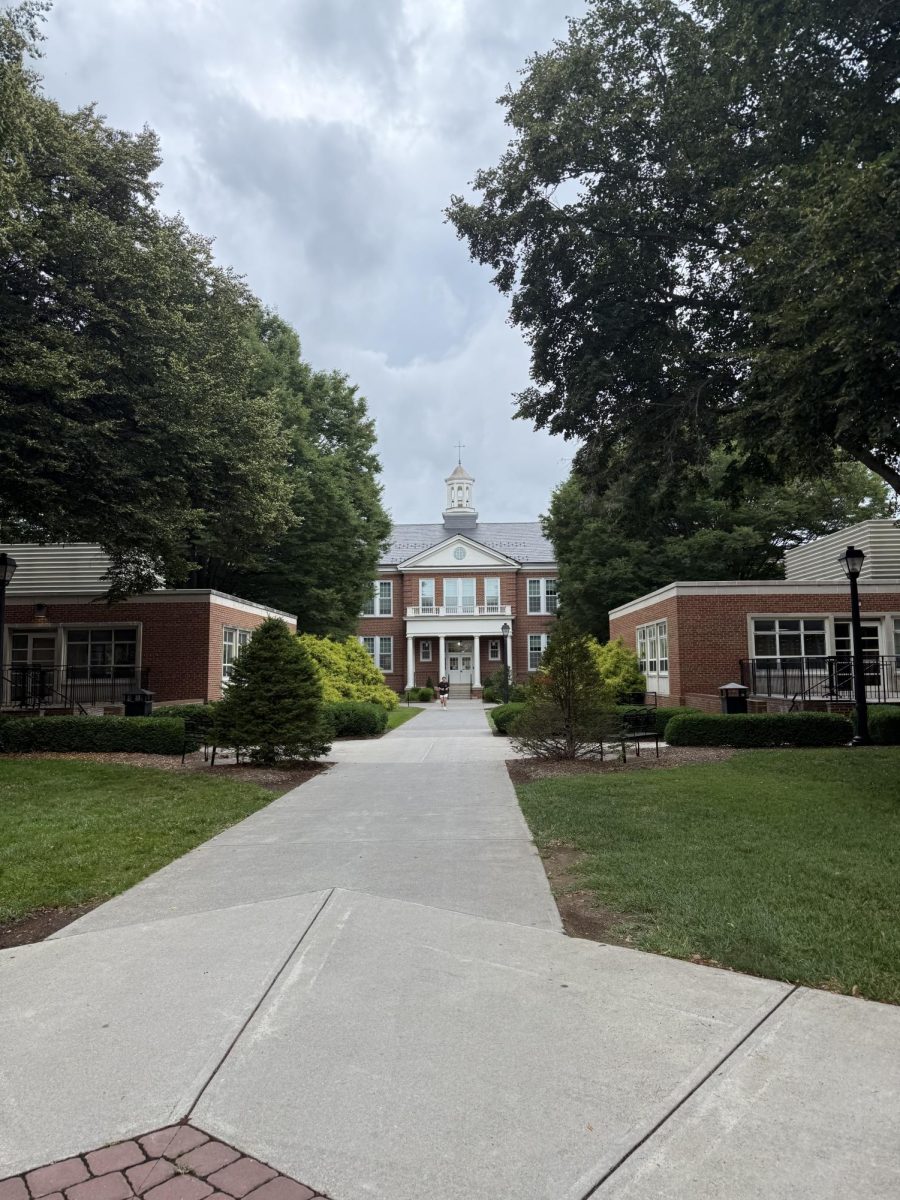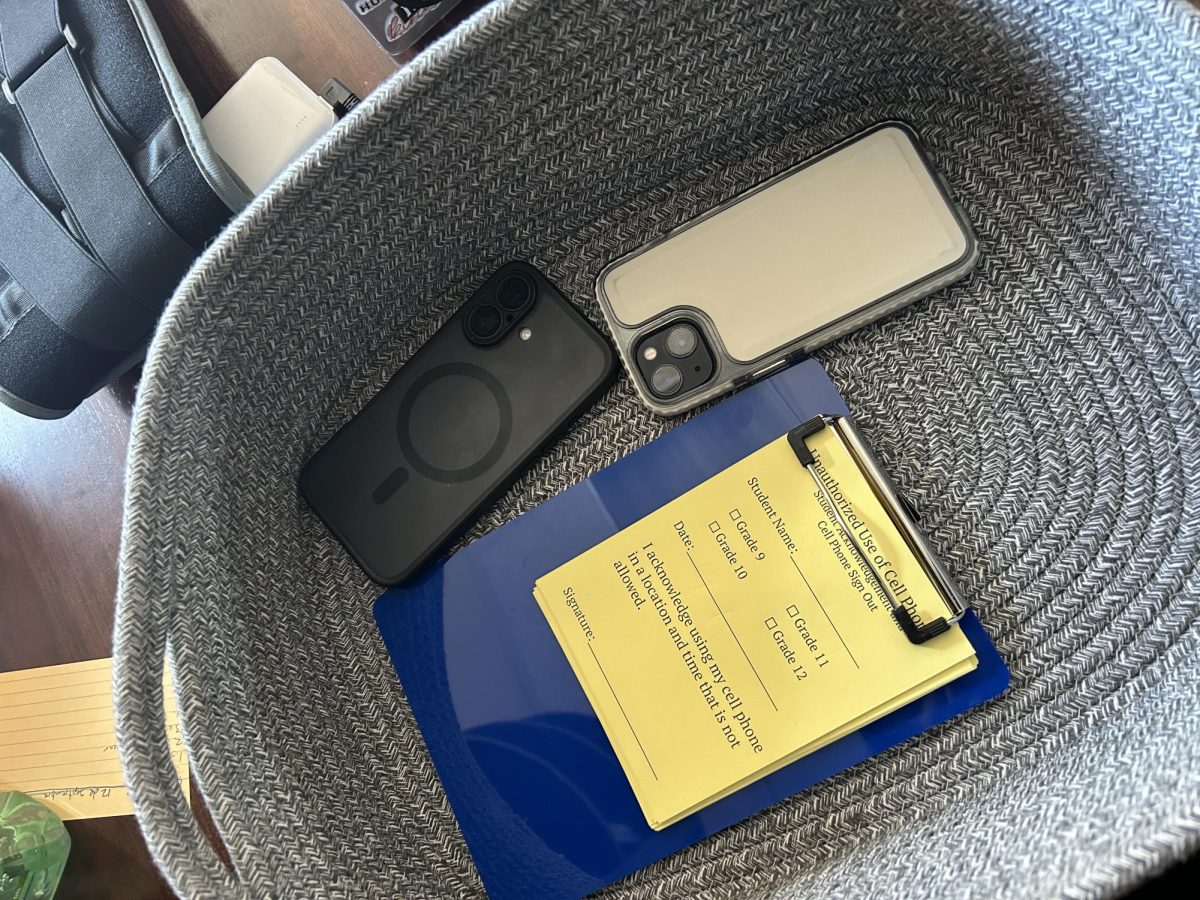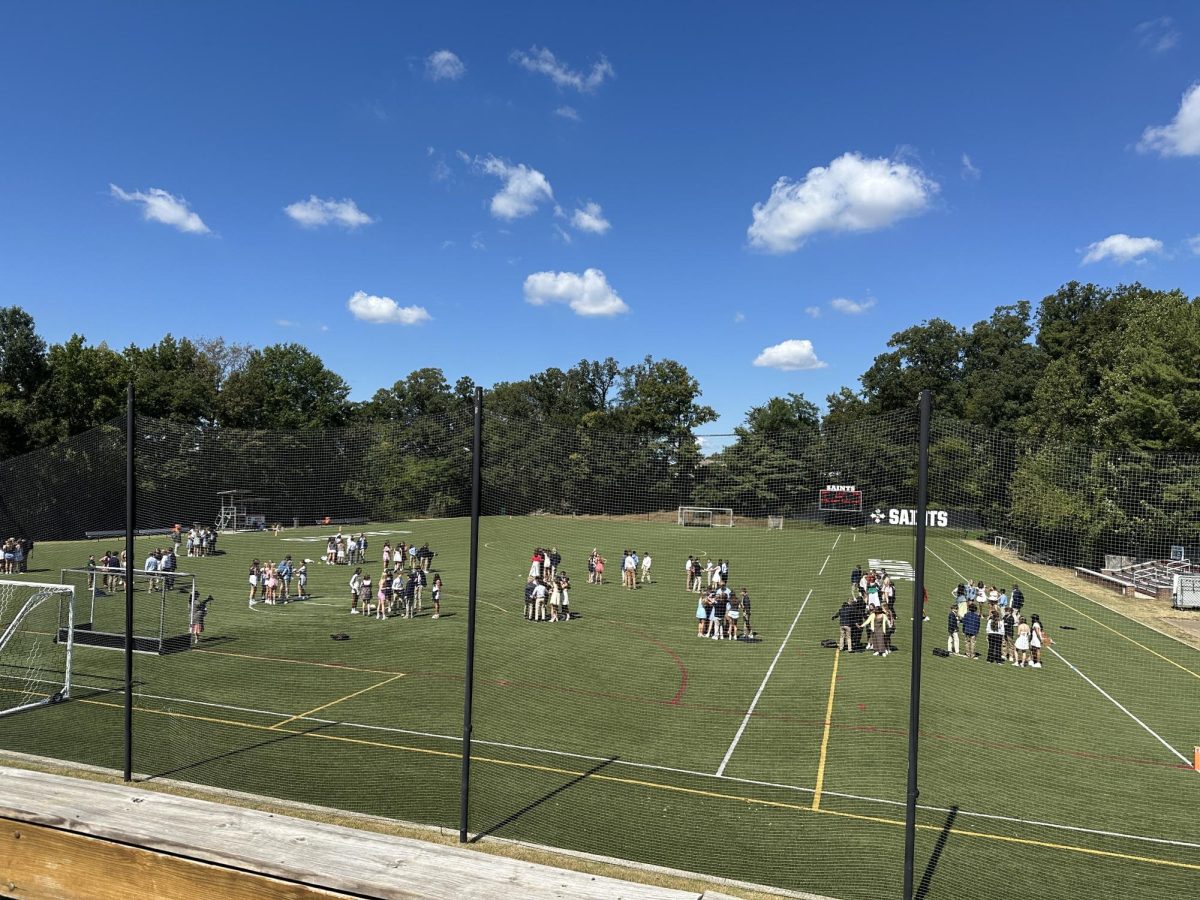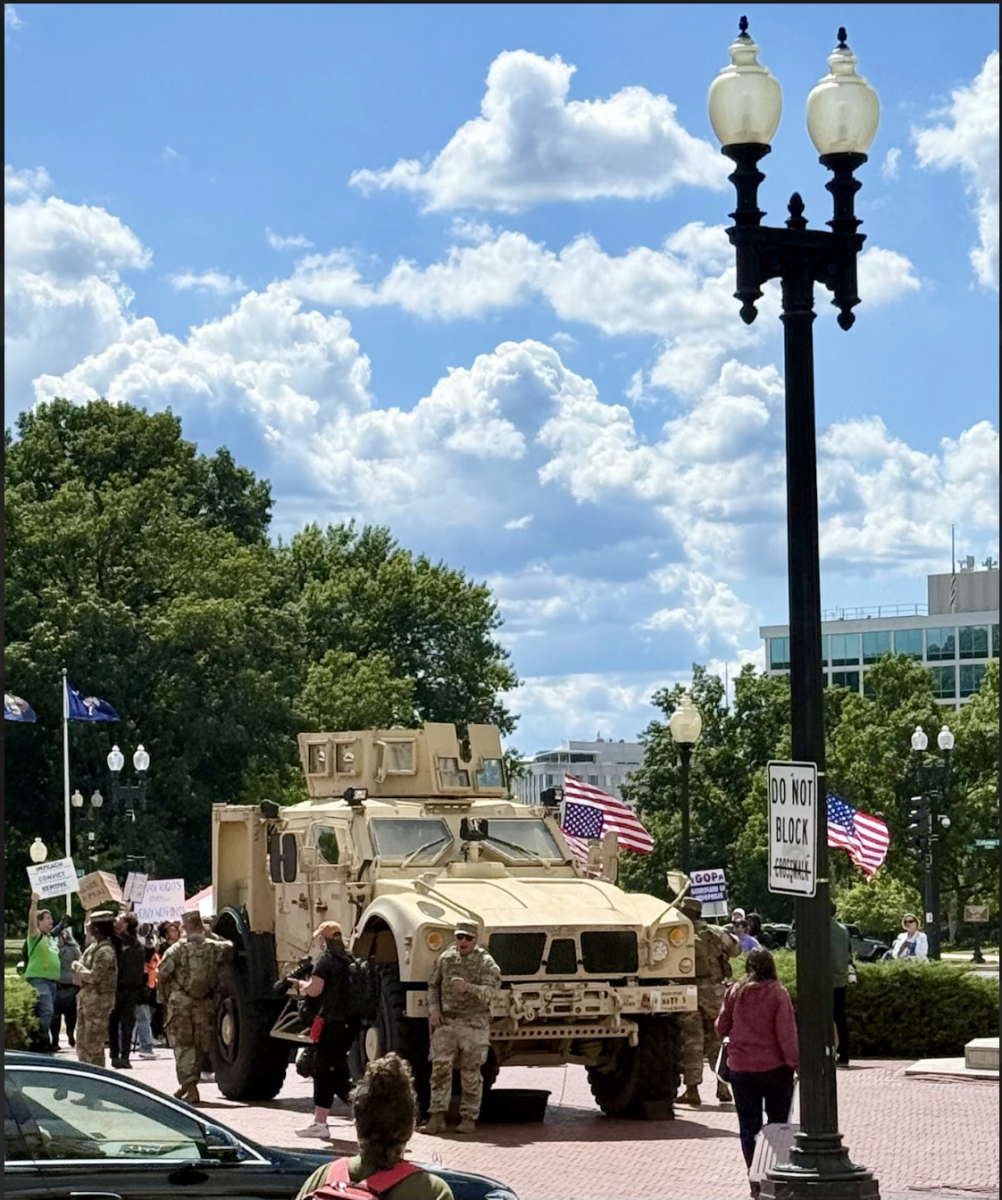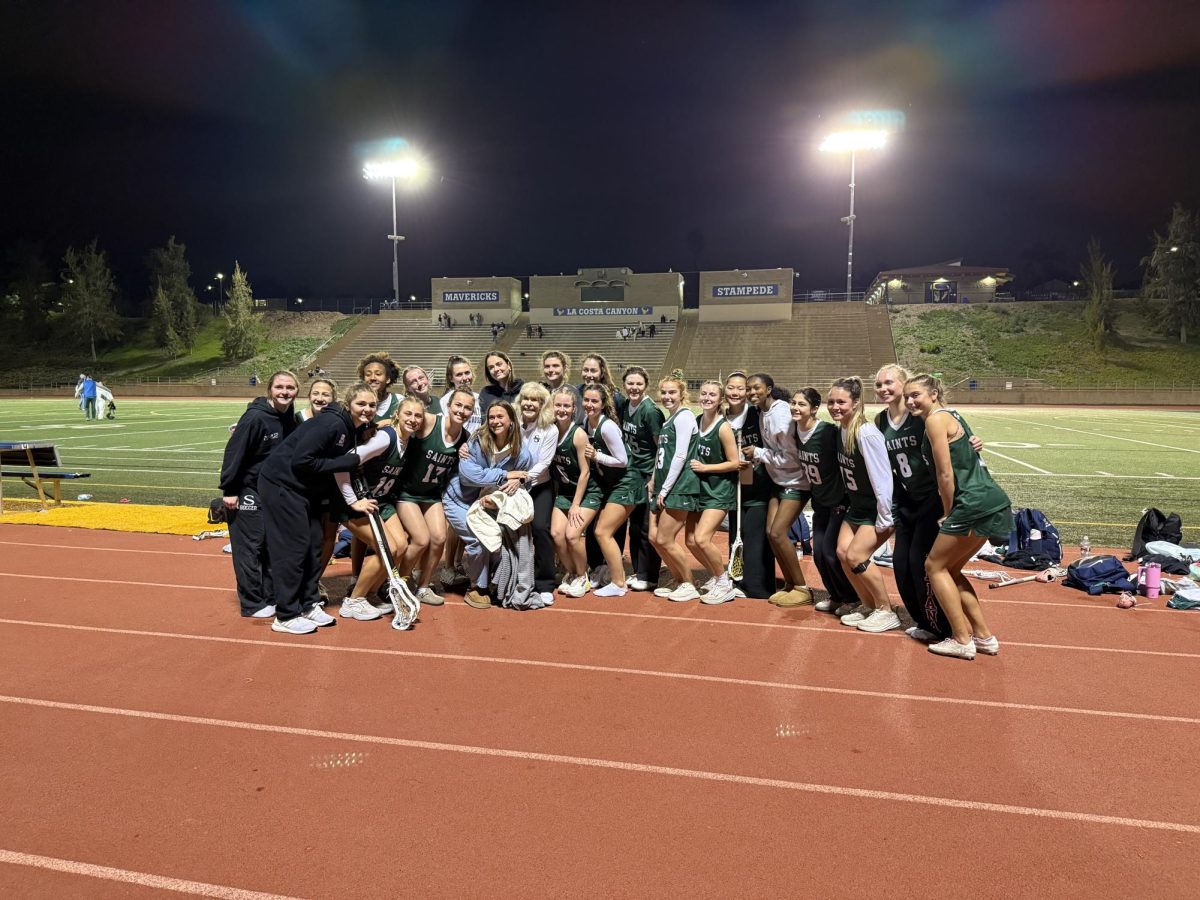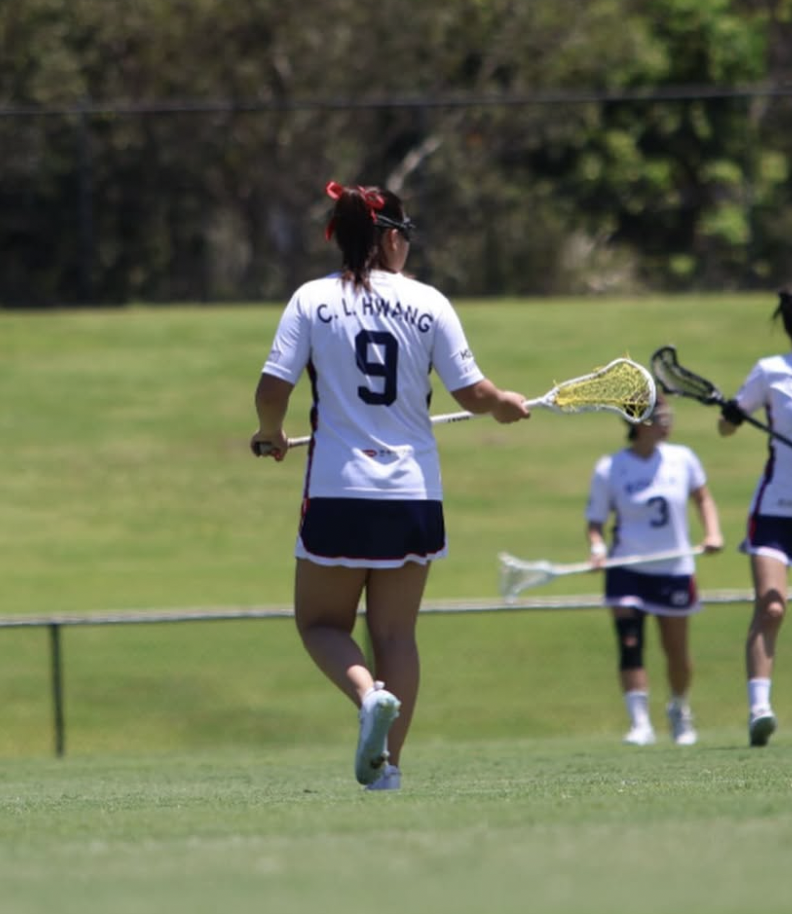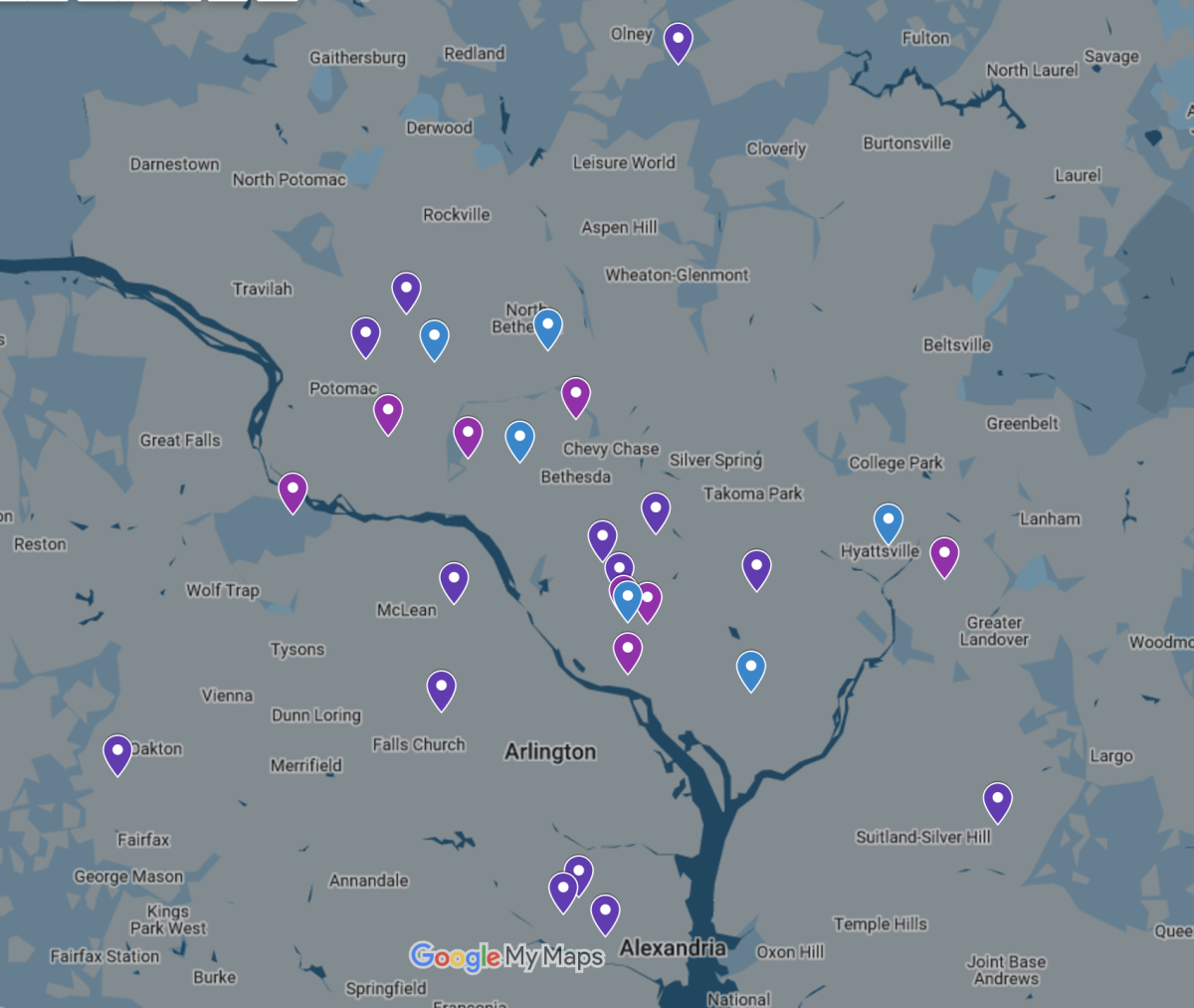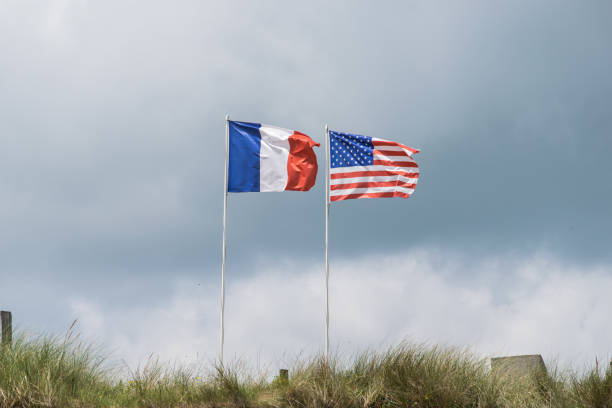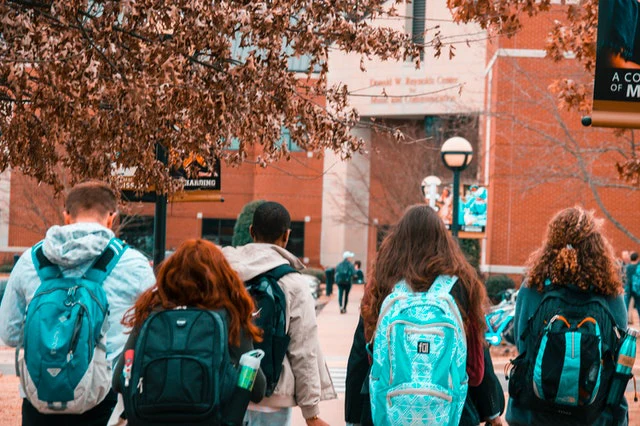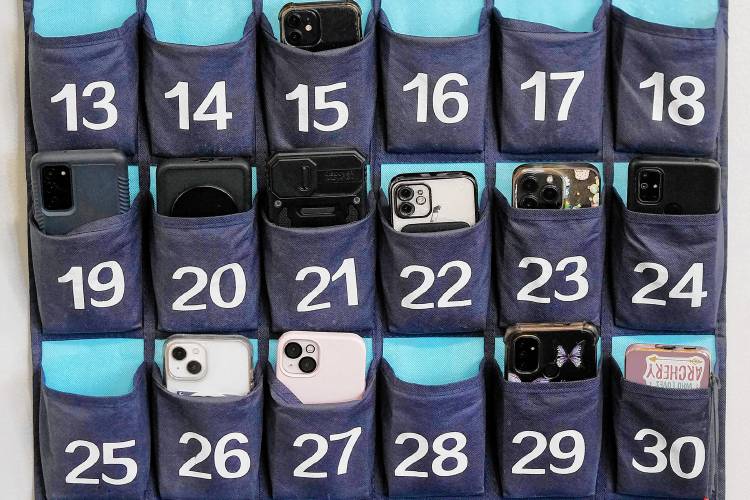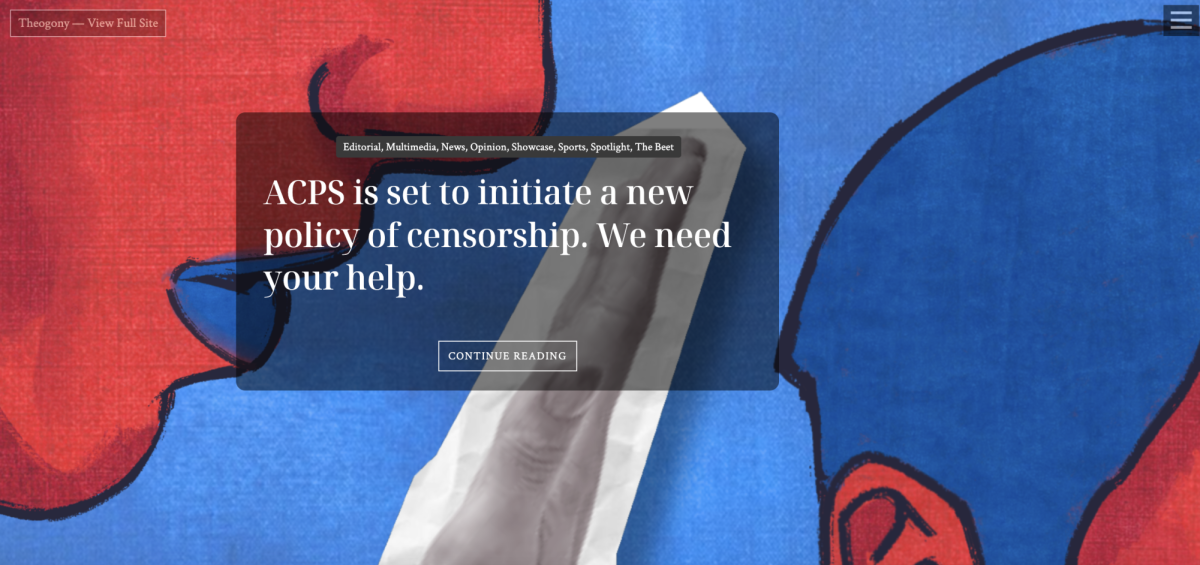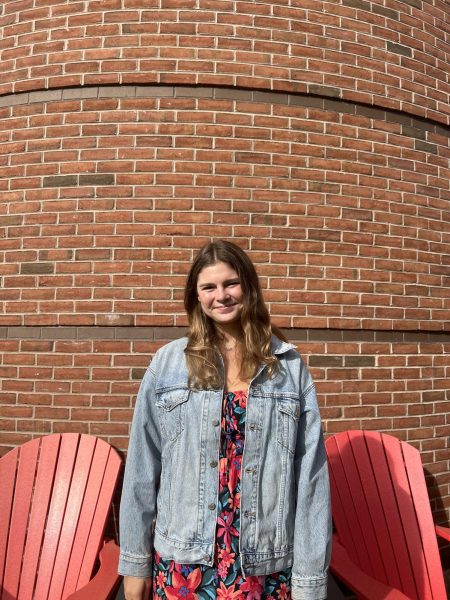How many of us feel stressed and overwhelmed by the many activities we struggle to keep up with on a daily basis? How many of us feel misunderstood by our parents and teachers who may not understand all the tasks we are forced to accomplish every day? How many of us feel like we are drowning under expectations and our voices are not heard? At the end of September, I attended a conference called Challenge Success that addresses all these issues that students face.
The conference was at Bentley University, right outside of Boston, Massachusetts. There were representatives from schools all over the country who came to share their perspectives and opinions on the issues they were experiencing in their regions. Eight representatives from St. Stephen’s and St. Agnes School went: two students and six teachers.
It was interesting to ask the adults vs. the students to reflect on their experience at the conference. When asked about new things she learned at the conference, Human Sexuality Education teacher, Ms. Mazur said that “constantly getting student feedback,” was the most important thing to do for student well being in her classes. Some strategies she came up with were assigning an increased number of student surveys after class activities so that she can modify the activities based on the student feedback. Specifically, she says that, “This can be as simple as a “stop light survey.” Green, for what worked well with this activity or what is going well in class so far, yellow, for what could be changed/modified, and red, for “ what didn’t work with this activity?”
In comparison, junior Ella Jakupovic responded that the biggest thing she learned was about college and the importance of,“ finding what’s best for me, rather than what other people think I should do.”
The other contrast between the student/teacher perspective was identifying the biggest issue they learned about at the conference. Ella argues that the biggest issues for students are: “the stress of school and home life, and I know people [that have] had to quit stuff to make time for school work.” The other big issue for students is how “teachers think that their class is the most important, and it is ruining our sleep schedules.”
Director of Health Services and Physical Education Department Chair, Dr. Stanton argues that cell phone use was the biggest issue that we discussed at the conference. She says, “ I know that it’s a very sensitive topic, because a lot of people have different opinions on whether or not we should allow cell phone use in the school building, but we know that it is an issue when you talk about connection and belonging with the students.” The cell phone policy seems to be the main focus for a lot of teachers, and receives extreme criticism from the students, which begs the question of a compromise. All the teachers agreed that the importance of the student voice on issues was one of the most crucial things they learned at the conference.
In terms of strategies to help improve students’ lives in general, the creation of the Wellness Center was a good first step. Ella said that mindfulness is the most important strategy she learned to help student well being, and the Wellness Center fully embodies this idea and has become a safe haven for many students. Some specific elements utilized in the Wellness Center to create a mindful environment are coloring books and painting by numbers. In addition, there is calming music, a small water feature, and comfortable couches and blankets. Some of these mindfulness activities could be expanded throughout the school during times such as advisory to create a better community and forge bonds amongst all the students and faculty.
Another strategy I learned at the conference was the use of a time management log. Every student would write down their classes and how much time each class’s homework requires. The student would also fill in their athletics and/or jobs and how much time those extracurriculars take. It is important to factor in the appropriate amount of sleep every student should get regularly. This would be another activity that could be completed in advisory.
Overall the biggest takeaway among the students and teachers from the Challenge Success Conference was that we need to amplify the student voice to ensure that it is heard and respected throughout the SSSAS community. Dr. Stanton says, “The student voice is so important when we’re making decisions around student well being. It’s time to make them part of the conversation.”
